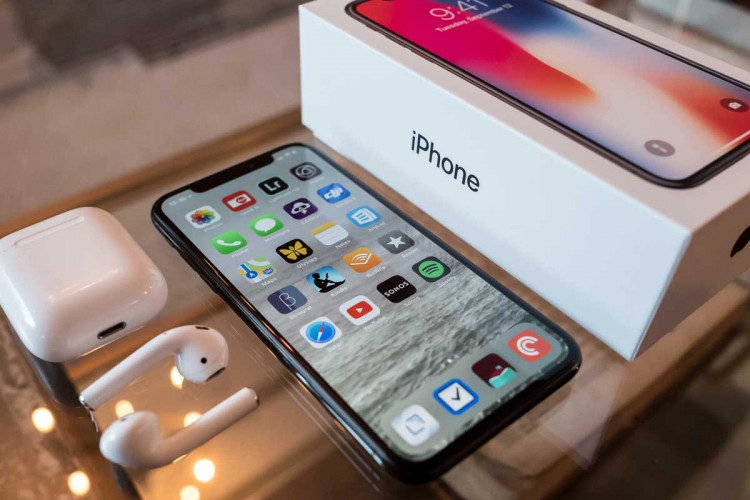Future versions of MacBook and iPad may someday use hydrogen fuel cells as an alternative to its current battery charging technology, according to Apple.
A patent that Apple filed recently showed the company is currently investigating the possibility of using hydrogen fuel cells instead of conventional battery technology in mobile devices like its MacBook and iPad in its quest for longer battery life and at the same time, for ecological reasons. For many years, Apple has looked into some power and battery technologies, including hydrogen, though it is only now that the company actually submitted a patent for one which may be used in its mobile devices.
The patents of Apple are always about advanced technology or systems that will use such technology. Sometimes, the technology is specifically for devices like the MacBook Pro. The newly granted patent for a "Portable computing device for external fuel cell control" tackles all of these things but it is also unique in how it addresses both environmental and political issues that prompted Apple's desire to research on hydrogen fuel cells technology for use in future models of the MacBook and iPad.
According to the patent that Apple submitted, the company saw that the continued reliance of the United States on fossil fuels has forced the government to maintain complicated relationships, both politically and militarily, with unstable Middle Eastern governments. It also exposed America's coastlines and its citizens to the related hazards of offshore drilling. These problems led Apple to search for a more efficient and renewable energy source, such as the hydrogen fuel cell technology, for use in its devices like the MacBook and the iPad.
Gas up your Mac: Apple patents hydrogen fuel cells for MacBooks and iPads https://t.co/iT3c5drinX — Eliz - CEO Techfans.co.uk (@Techfans3) September 29, 2020
While Apple does not specifically say that hydrogen fuel cells are the perfect batteries of the future, it did state that the technology is very "promising." The company stated that iOS devices like the MacBook and iPad can benefit a lot from hydrogen fuel cells and use it as a power source.
The company explained why hydrogen fuel cells offer several advantages. Apple stated that hydrogen fuel cells and similar fuels can potentially reach high gravimetric and volumetric densities. This allows for the continued operation of mobile electronic devices for several days or weeks without refueling. As such, hydrogen fuel cells can power a MacBook or iPad for weeks without recharging.
Apple is considering #FuelCells to power MacBooks and iPads as evidenced by a newly granted patent. Run for weeks on a “charge”. #Hydrogen #RenewableEnergy @appleinsider https://t.co/0s0rpDmtec — TechScale Solutions (@Tech_Scale) September 29, 2020
Apple, however, admitted that there is one stumbling block that they are still trying to solve, otherwise, their current MacBook and iPad models would already be using hydrogen fuel cells. The company said it is very challenging for them to design small hydrogen fuel cell systems that are portable enough and cost-effective for use with any of their portable electronic devices like the MacBook and iPad.
The company said this is what their new patent is meant to solve. It tackles "the design of a portable and cost-effective fuel cell system for a portable computing device," which transforms fuel, like those that are hydrogen-based, into electrical power. Apple stated that its engineers are currently working to come up with portable hydrogen fuel cells in the future that perfectly fit new MacBook and iPad models.






